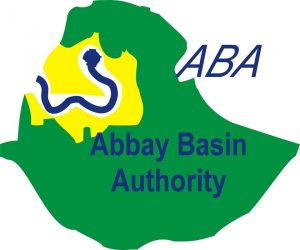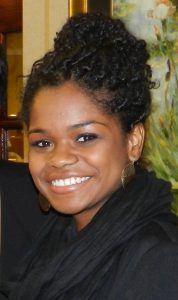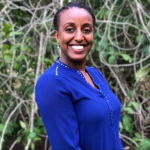The Water Systems and Society research group led by Dr. Paul Block within the Department of Civil and Environmental Engineering at the University of Wisconsin – Madison invites applications for postdoctoral and PhD positions in the field of Hydroclimatology and Water Resources Management. Our research themes are centered on a systems-based approach to managing water resources, bridging models and methods across climate science, hydrology, management, the environment, economics, and policy.
Two positions are available, as described below, building on our research group’s extensive experience in Ethiopia and the Nile Basin. The positions may be filled at either the postdoctoral or PhD level, depending on applicants, and are expected to commence in Fall 2017.
NSF PIRE: Taming Water in Ethiopia: An Interdisciplinary Approach to Improve Human Security in a Water-Dependent Emerging Region
The selected candidate will support research on season-ahead hydro-climatic prediction, integration with hydrology and water resources management models, reservoir operations and optimization, and agro-economic modeling. Strong interest/skill in model building coupled with climate science and water resources systems knowledge is desired.
NSF INFEWS: Understanding multi-scale resilience options for vulnerable regions
The selected candidate will support research on hydropower/energy modeling under climate change, integrating with agricultural and economic models developed by partners, and discovering tradeoffs with alternative energy sources and water demands. Strong interest/skill in model building coupled with water resources systems and economics knowledge is desired.
PhD applications should apply to the Water Resources Engineering graduate program.
Postdoctoral applicants should send Dr. Block a full CV, 1-2 relevant publications, and 3 or more references.
Please contact Dr. Block by email (paul.block@wisc.edu) for additional information. Priority will be given to applications submitted by January 15, 2017.
 UConn PIRE signed an MoU agreement with Abay Basin Authority (ABA) of Ethiopia on December 14, 2016. The MoU agreement is expected to facilitate data exchange, access to laboratory infrastructure, and human resources for the UConn PIRE project in the Blue Nile Basin.
UConn PIRE signed an MoU agreement with Abay Basin Authority (ABA) of Ethiopia on December 14, 2016. The MoU agreement is expected to facilitate data exchange, access to laboratory infrastructure, and human resources for the UConn PIRE project in the Blue Nile Basin.

